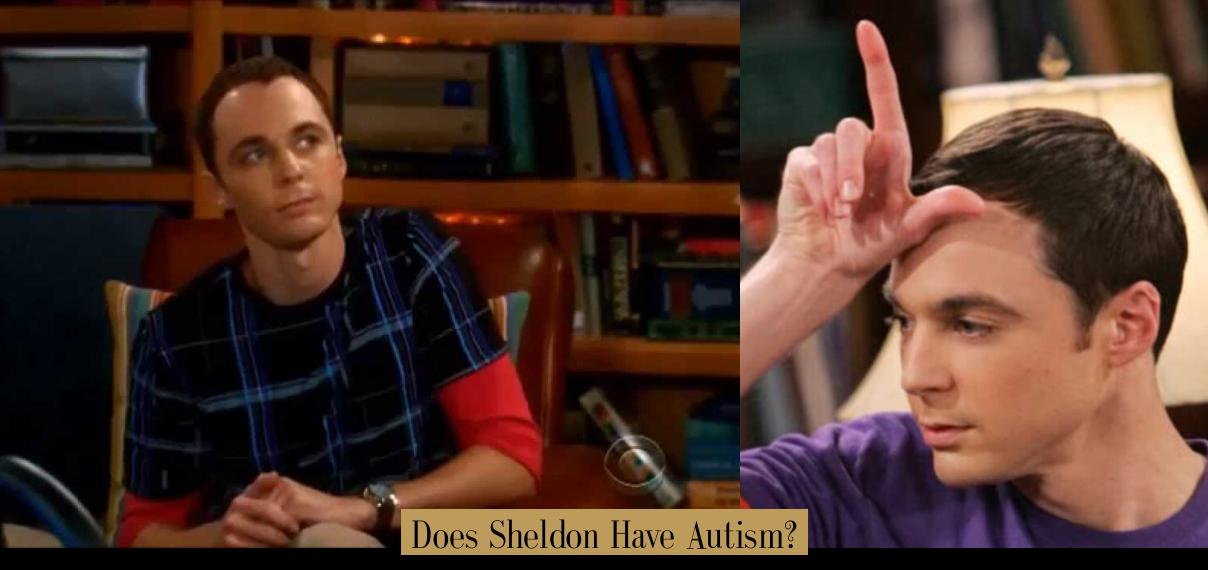Does Sheldon Have Autism? A Deep Dive into the Big Bang Theory’s Most Controversial Character
Ah, Sheldon Cooper. The brilliant, quirky, and undeniably socially awkward theoretical physicist from The Big Bang Theory. He’s a character who has sparked countless discussions and debates, particularly regarding whether he exhibits traits of autism. Let’s dive into the world of Sheldon Cooper and explore the fascinating complexities surrounding his character.
The Producers’ Perspective: A “No” to Autism, but a “Maybe” to Other Neurodivergent Traits
Hold onto your hats, folks, because here’s where things get interesting. The producers of The Big Bang Theory have repeatedly said that Sheldon isn’t autistic. They’ve emphasized that while Sheldon’s eccentricities might align with some autistic traits, his character wasn’t intentionally designed to represent autism. They’ve also mentioned that they didn’t want to portray autism in a way that felt stereotypical or misrepresented.
So, does that mean Sheldon is neurotypical? Not necessarily. The producers have hinted that all the characters on the show could be considered neurodivergent, with Sheldon often displaying traits reminiscent of Asperger’s or OCD.
Why the Confusion? Sheldon’s Autistic-Like Behaviors
Let’s be honest, Sheldon’s quirks are hard to ignore. He’s got a thing for order, routines, and a very specific way of doing things. He struggles with social cues, interprets things literally, and often displays intense interests in specific topics (hello, trains and comic books!). These are all traits commonly associated with autism, particularly the outdated diagnosis of Asperger’s syndrome, which is now considered part of the autism spectrum.
Remember the infamous “soft kitty, warm kitty” scene? That’s Sheldon’s quirky and unique way of expressing affection, but it also showcases his difficulty in understanding and engaging with emotional expressions.
The Argument for Sheldon’s Autism
Many fans and autism advocates believe that Sheldon’s character, especially in the earlier seasons, aligns strongly with the characteristics of autism. They point to his social difficulties, his obsession with rules and routines, his literal interpretation of language, and his intense interests as clear indicators.
But here’s the thing: portraying a complex condition like autism accurately can be tricky. There’s no one-size-fits-all approach, and the nuance is often lost in the process.
The Counterargument: Sheldon is More Than Just Autism
Here’s where things get a little more nuanced. While Sheldon shares some similarities with individuals on the autism spectrum, he also exhibits behaviors that don’t necessarily fit the diagnosis.
For example, Sheldon’s exceptional intelligence, his ability to form close relationships (even if they’re sometimes unconventional), and his capacity for emotional growth throughout the series, suggest a character who is complex and multifaceted.
The “Cute Autism” Problem
This is where the conversation gets a bit more complicated: the portrayal of Sheldon’s traits, while often funny and relatable, has been criticized for promoting the “cute autism” trope. This trope often presents autism as a quirky and endearing quirk, rather than a complex neurodevelopmental condition with challenges and strengths.
The danger of this trope is that it can minimize the real experiences of autistic individuals and perpetuate harmful stereotypes.
Does it Even Matter?
Ultimately, whether or not Sheldon Cooper is officially autistic is a question that might never be definitively answered. What matters is that the character sparked conversations about neurodiversity, challenged stereotypes, and brought to light the complexities of human experience.
The Takeaway: Learning From Sheldon’s Journey
Whether you believe Sheldon is autistic or simply displays some autistic-like traits, his story offers valuable insight into the importance of embracing differences and celebrating the unique qualities that make each of us special.
So, let’s use Sheldon’s journey as an opportunity to learn and grow. Let’s challenge stereotypes, celebrate neurodiversity, and remember that being different is what makes us amazing!
